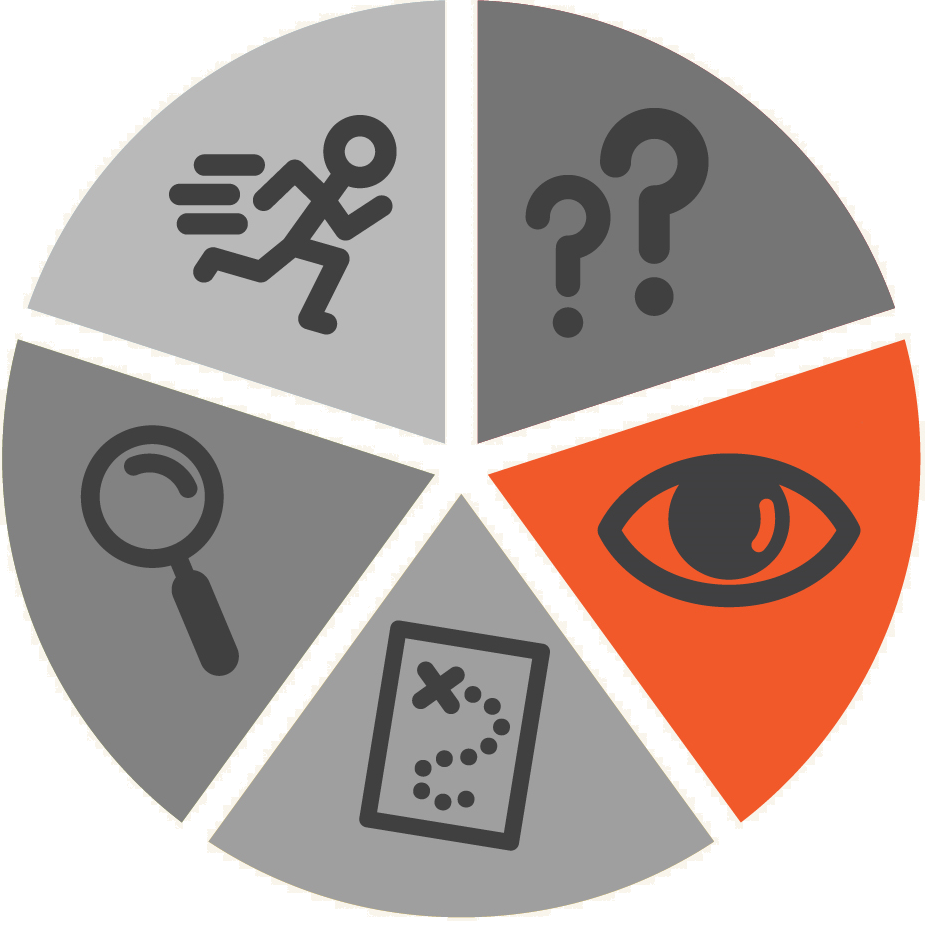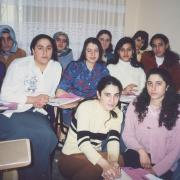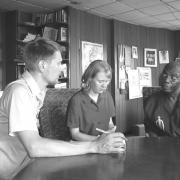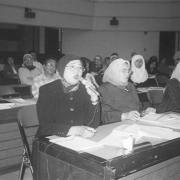A Story of Success: "Adding Al-Tafila’s archaeological sites on the tourism map" Campaign
Unemployment is a significant issue in Jordan, with the Department of Statistics reporting an unemployment rate of 24.7% in the fourth quarter of 2021. Youth unemployment, in particular, was even higher, reaching 47.3% for individuals aged 15 to 24.



 Women for Women’s Human Rights (WWHR)-New Ways in Turkey gained the support and use of government resources for furthering human rights education of women at the local level. WWHR-New Ways developed a highly successful human rights education curriculum for women. They developed a partnership with government run, local level community centers, these community centers offered not only professional social workers who could be trained by WWHR-New Ways in facilitating the human rights education curriculum, but also a safe and accessible place for women to learn about their rights.
Women for Women’s Human Rights (WWHR)-New Ways in Turkey gained the support and use of government resources for furthering human rights education of women at the local level. WWHR-New Ways developed a highly successful human rights education curriculum for women. They developed a partnership with government run, local level community centers, these community centers offered not only professional social workers who could be trained by WWHR-New Ways in facilitating the human rights education curriculum, but also a safe and accessible place for women to learn about their rights.  The Advocactes for Human Rights (formerly known as the Minnesota Advocates for Human Rights) uses traditional human rights monitoring methods to document human rights abuses. The group has also made a practice of adapting this methodology to emerging human rights issues. Minnesota Advocates has identified and developed practical and sustainable strategies for adapting human rights monitoring methods to address domestic violence (in Eastern Europe and the U.S.), child survival (in Mexico, Uganda and the U.S.) and transitional justice (in Peru).
The Advocactes for Human Rights (formerly known as the Minnesota Advocates for Human Rights) uses traditional human rights monitoring methods to document human rights abuses. The group has also made a practice of adapting this methodology to emerging human rights issues. Minnesota Advocates has identified and developed practical and sustainable strategies for adapting human rights monitoring methods to address domestic violence (in Eastern Europe and the U.S.), child survival (in Mexico, Uganda and the U.S.) and transitional justice (in Peru). The National Working Group for Human Rights Dissemination and Promotion (NWG) in Indonesia developed a human rights education curriculum for all age levels in both public and private schools. In order to create support for instituting such a human rights curriculum that also encompassed religious educational institutions, an effective tactic was to engage key and respected agents of change—community and religious leaders as well as teachers—in the development and training of a human rights curriculum.
The National Working Group for Human Rights Dissemination and Promotion (NWG) in Indonesia developed a human rights education curriculum for all age levels in both public and private schools. In order to create support for instituting such a human rights curriculum that also encompassed religious educational institutions, an effective tactic was to engage key and respected agents of change—community and religious leaders as well as teachers—in the development and training of a human rights curriculum. 